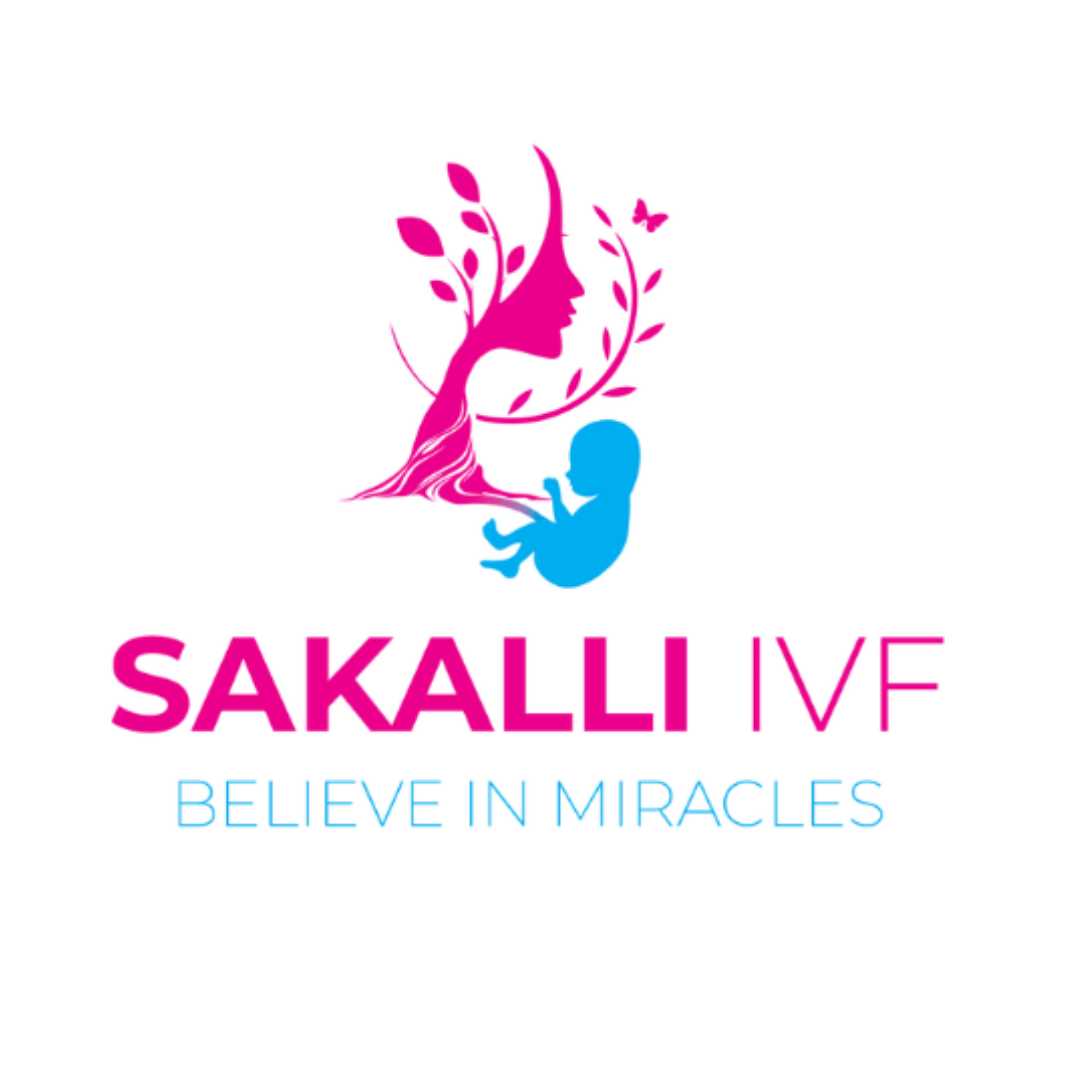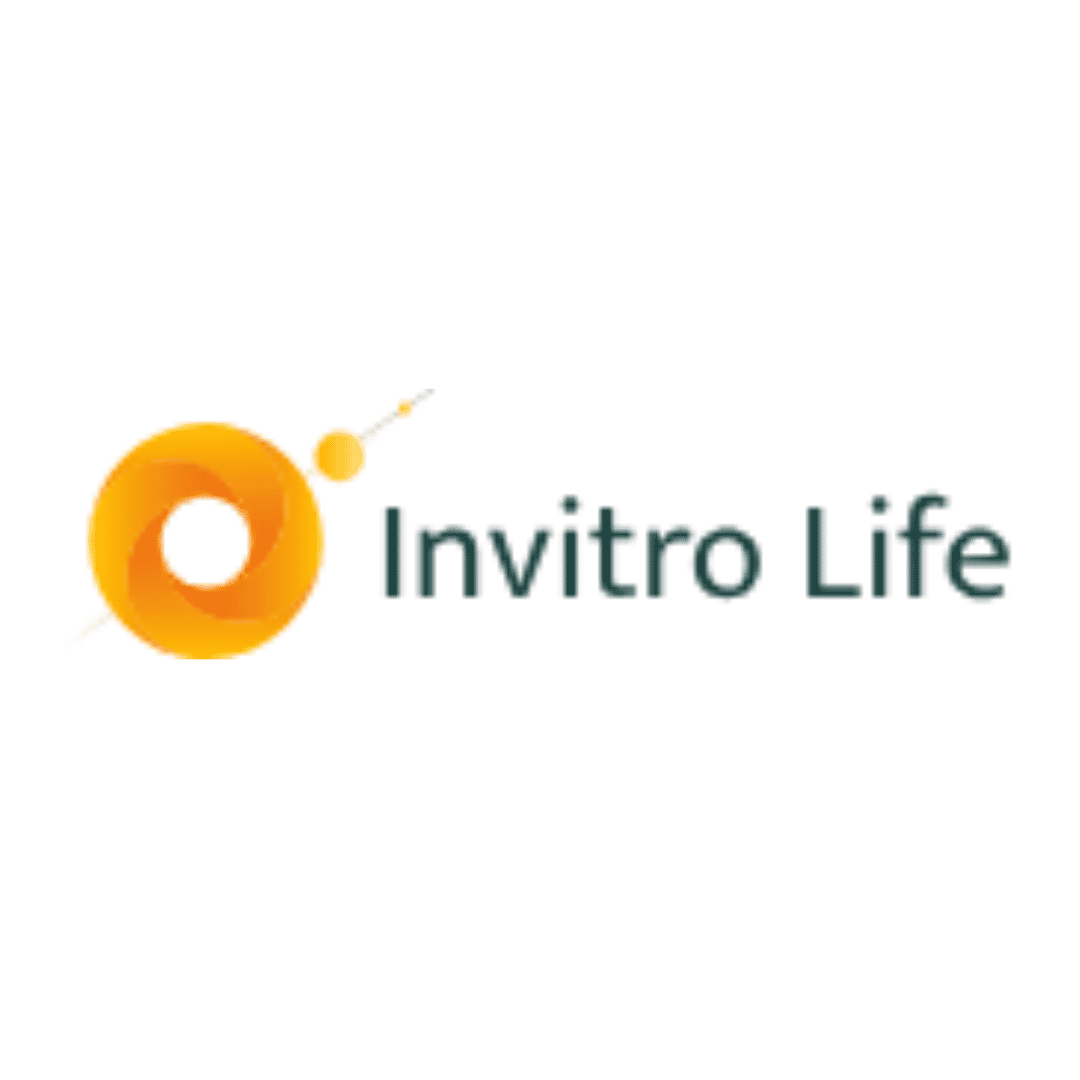IUI Treatment Costs in Spain: A Detailed Guide to Pricing and Factors
.png)
For many couples and individuals facing fertility challenges, Intrauterine Insemination (IUI) offers a less invasive and often more affordable alternative to In Vitro Fertilization (IVF). Spain has become a popular destination for fertility treatments, drawing patients from across Europe and beyond due to its high-quality medical care, advanced facilities, and competitive pricing.
Understanding the financial aspect of IUI treatment in Spain is a crucial step in planning your fertility journey. While IUI is generally less expensive than IVF, its cost can still vary depending on several factors, including the type of sperm used (partner or donor), the clinic's specific package inclusions, and any additional necessary procedures or medications.
This detailed guide aims to provide a clear and comprehensive overview of the cost of IUI in Spain. We will break down typical price ranges, explain what services are usually included in a standard IUI cycle, discuss factors that can influence the overall expense, and shed light on legal requirements and success rates. Our goal is to empower you with the information needed to make informed decisions about pursuing IUI treatment in Spain.
What is the typical cost of an IUI cycle in Spain with partner sperm?
Intrauterine Insemination (IUI) using a partner's sperm, often referred to as homologous IUI, is a common fertility treatment in Spain. It is typically recommended for couples with mild male factor infertility, unexplained infertility, or women with ovulatory dysfunction. The cost of this procedure in Spain is generally quite accessible compared to more complex treatments like IVF.
For a single IUI cycle with partner sperm, you can expect the base cost to fall within the range of €650 to €900. This price usually covers the core components of the IUI process:
- Initial Consultation and Assessment: While sometimes charged separately, many clinics include the initial fertility consultation and basic assessments (like hormone tests or initial ultrasound) as part of the IUI package.
- Ovulation Induction Monitoring: This is a crucial part of the IUI cycle. It involves a series of ultrasound scans and blood tests to monitor the growth of follicles and determine the optimal time for insemination. This ensures that the procedure is timed precisely with ovulation.
- Sperm Capacitation: On the day of the IUI, the male partner's sperm sample is collected and processed in the laboratory. This "capacitation" process involves washing and concentrating the most motile and healthy sperm, which are then used for insemination.
- The Insemination Procedure: This is the quick and generally painless procedure where the prepared sperm sample is gently inserted directly into the woman's uterus using a thin, flexible catheter.
- Post-procedure Follow-up: Some clinics may include a follow-up consultation or a beta-HCG blood test to confirm pregnancy.
It is important to note that medication costs are almost always an additional expense for IUI cycles. These medications, used for ovarian stimulation (e.g., Clomid, Letrozole, or gonadotropins), can range from a few hundred euros to over €500 per cycle, depending on the type and dosage required. Always confirm with the clinic precisely what is included in their quoted IUI price to avoid any surprises.
How much does IUI with donor sperm cost in Spain?
Intrauterine Insemination (IUI) with donor sperm, also known as Artificial Insemination by Donor (AID), is a highly sought-after option in Spain, particularly by single women, lesbian couples, or heterosexual couples facing severe male factor infertility. The cost of this procedure is higher than IUI with partner sperm due to the additional expense of the donor sperm itself.
For a single IUI cycle using donor sperm, the cost in Spain generally ranges from €1,100 to €1,500. This price encompasses the standard IUI procedures plus the cost associated with the donor sperm:
- Sperm Donor Acquisition and Selection: A significant portion of the additional cost covers the process of acquiring sperm from a reputable, licensed sperm bank in Spain. This includes the screening of the donor (genetic, medical, psychological), the processing and freezing of the sperm, and the selection of a donor that matches certain physical characteristics (phenotypic similarity) requested by the recipient, while maintaining anonymity as per Spanish law.
- Ovulation Induction Monitoring: Similar to IUI with partner sperm, this involves ultrasounds and blood tests to track follicle development and time the insemination.
- Sperm Preparation: The thawed donor sperm sample is prepared and capacitated in the laboratory to ensure optimal quality for insemination.
- The Insemination Procedure: The prepared donor sperm is gently inserted into the woman's uterus.
- Post-procedure Follow-up: This may include a consultation and/or pregnancy test.
As with IUI with partner sperm, medications for ovarian stimulation are usually an extra cost, typically ranging from €200 to €500 or more, depending on the protocol. Spain's progressive laws regarding anonymous gamete donation and its efficient sperm banks make it a popular choice for those needing donor sperm, despite the higher cost compared to homologous IUI. Transparency from clinics regarding all inclusive and exclusive costs is essential when planning for IUI with donor sperm.
What is typically included in the base cost of an IUI cycle in Spain?
Understanding what is covered by the base price of an IUI cycle in Spain is essential for accurate financial planning. While specific inclusions can vary slightly from clinic to clinic, most reputable fertility centers in Spain offer a comprehensive package for IUI.
Here’s a general breakdown of what is usually included in the stated base cost of an IUI cycle (whether with partner or donor sperm):
- Initial Fertility Consultation: This often includes the first meeting with the fertility specialist to review your medical history, discuss your specific case, and determine if IUI is the appropriate treatment option. Some clinics might offer this first consultation for free or at a reduced rate.
- Fertility Assessments (Diagnostic Tests): While comprehensive initial diagnostic work-up (like full hormone panels, detailed semen analysis, fallopian tube patency tests) might be billed separately, essential pre-IUI assessments are often part of the package. These can include:
- Initial blood tests relevant to the cycle.
- Baseline ultrasound scans to check ovarian health.
- Ovarian Stimulation Monitoring: This is a crucial component. Throughout the stimulation phase (if medications are used), you will undergo regular monitoring. This includes:
- Ultrasound scans: To track the growth and number of follicles (which contain eggs).
- Blood tests: To measure hormone levels (e.g., estrogen, LH) and ensure the ovaries are responding appropriately to medication.
- Clinical evaluations: Regular check-ups with the doctor to adjust medication dosages and determine the optimal timing for the trigger shot and insemination.
- Sperm Capacitation/Preparation: On the day of the IUI, the male partner’s fresh sperm sample (or thawed donor sperm) undergoes a laboratory process called "capacitation." This involves washing the sperm to remove seminal fluid and concentrating the best quality, most motile sperm for insemination.
- The Insemination Procedure: This is the actual IUI procedure, where the prepared sperm are carefully inserted into the uterus. It's a quick, outpatient procedure performed in the clinic.
- Post-Procedure Follow-up: Some clinics include a follow-up consultation or a beta-HCG blood test (pregnancy test) to confirm the outcome of the cycle.
What is generally NOT included in the base cost:
- Medications: Fertility drugs for ovarian stimulation (oral or injectable) are almost always an additional expense and can add a significant amount to the total cost.
- Donor Sperm Vials: If using donor sperm, the cost of the sperm itself is billed separately from the IUI procedure fee.
- Additional Diagnostic Tests: If extensive diagnostic tests are required before determining eligibility for IUI (e.g., hysteroscopy, advanced genetic screening), these will add to the overall cost.
- Anesthesia (if needed): IUI is typically performed without anesthesia, but if specific circumstances require light sedation, this would be an extra charge.
- Storage Fees: If any sperm is frozen for future use, storage fees would apply.
It is always recommended to request a comprehensive, written quote from your chosen Spanish clinic, detailing all inclusions and exclusions, before commencing treatment. This transparency will help you manage your budget effectively.
What factors can influence the total cost of IUI in Spain?
While the base cost of an IUI cycle in Spain is relatively straightforward, several factors can influence the overall total expenditure. Being aware of these variables is crucial for comprehensive financial planning.
Here are the key factors that can affect the total cost of IUI in Spain:
- Type of Sperm Used:
- Partner Sperm (Homologous IUI): This is the most affordable option, as you are only paying for the procedure and monitoring.
- Donor Sperm (Heterologous IUI/AID): This significantly increases the cost because it includes the price of acquiring a vial of sperm from a licensed, anonymous donor.
- Medication for Ovarian Stimulation:
- Oral Medications (e.g., Clomid, Letrozole): These are generally less expensive, costing a few hundred euros per cycle.
- Injectable Gonadotropins: These are more potent and thus more expensive, potentially adding €500 or more per cycle to the total bill, depending on the dosage and duration required. The choice of medication depends on the individual's ovarian response and diagnosis.
- Number of IUI Cycles:
- The success rate of IUI per cycle is lower than IVF, and many patients require multiple cycles to achieve pregnancy. Each additional cycle will incur its own set of costs (medication, monitoring, procedure). Clinics may offer package deals for multiple cycles (e.g., 3-cycle packages) which can be more cost-effective in the long run.
- Additional Diagnostic Tests:
- While basic diagnostics are often included, if you require more extensive testing before or during your IUI cycle (e.g., hysteroscopy to check the uterine cavity, advanced semen analysis if male factor issues are suspected, genetic screening), these will add to the overall cost.
- Clinic Reputation and Location:
- Well-established clinics with a strong track record and state-of-the-art facilities, particularly those in major cities like Barcelona or Madrid, might have slightly higher fees than smaller clinics or those in less urban areas. However, higher prices often reflect greater expertise and advanced technology.
- Included Services in the Package:
- Some clinics offer "all-inclusive" packages that might cover more extensive monitoring, initial diagnostic tests, or even some medications, while others quote a very basic price and add extras. Always clarify what is precisely included.
- Anesthesia (rarely needed for IUI): IUI is typically performed without anesthesia, but if specific circumstances require light sedation, this would be an additional cost.
By considering these factors and having a detailed discussion with your chosen clinic, you can gain a clearer understanding of the potential total investment for your IUI treatment in Spain.
What are the success rates of IUI in Spain?
Understanding the success rates of Intrauterine Insemination (IUI) is crucial for managing expectations and making informed decisions. While IUI is less invasive and more affordable than IVF, its per-cycle success rate is also generally lower. Spain's fertility clinics, however, maintain competitive success rates in line with international standards.
Here's a breakdown of IUI success rates in Spain:
- Per Cycle Success Rate:
- For a single IUI cycle, the clinical pregnancy rate typically ranges from 10% to 20%. This means that for every 100 women undergoing IUI, about 10 to 20 will achieve a clinical pregnancy.
- Success rates are higher for younger women. For women under 35, the per-cycle success rate can be on the higher end of this range, or even slightly above.
- For women aged 35-39, the rates generally decline, and for women over 40, IUI success rates are significantly lower (often below 10% per cycle).
- Cumulative Success Rate:
- The probability of achieving pregnancy increases with each successive IUI cycle. Many fertility specialists recommend undergoing 3 to 4 IUI cycles before considering more advanced treatments like IVF, as the majority of IUI successes occur within this timeframe.
- The cumulative success rate (the chance of getting pregnant over multiple cycles) can be significantly higher:
- With partner sperm, cumulative success after 3-4 cycles can range from 30% to 60%.
- With donor sperm, cumulative success after 3-4 cycles tends to be higher, sometimes reaching 60% to 80%, as donor sperm typically comes from highly screened individuals with optimal sperm quality.
Factors influencing IUI success rates include:
- Woman's Age: As with all fertility treatments, younger women have a higher chance of success due to better egg quality.
- Cause of Infertility: IUI is most effective for mild male factor infertility, unexplained infertility, and ovulatory disorders. Its success is limited in cases of severe male factor infertility or significant tubal issues.
- Ovarian Response: Producing 1-3 mature follicles during stimulation generally yields the best results. Too few may reduce chances, while too many can increase the risk of multiple pregnancies.
- Sperm Quality: For homologous IUI, the quality of the partner's sperm after capacitation (total motile sperm count) is a strong predictor of success. For donor IUI, the excellent quality of screened donor sperm contributes to higher rates.
- Clinic Expertise: The experience of the fertility specialists and the quality of the laboratory where sperm preparation takes place can also play a role.
Your fertility specialist in Spain will discuss the realistic success rates for your specific situation based on your diagnosis and individual factors.
What are the legal requirements for IUI treatment in Spain?
Spain's legal framework for assisted reproduction is one of the most progressive and inclusive in Europe, making it a highly attractive destination for individuals and couples seeking fertility treatments, including IUI. The primary legislation governing these procedures is Law 14/2006 on Human Assisted Reproduction Techniques.
Here are the key legal requirements and considerations for IUI treatment in Spain:
- Accessibility and Eligibility:
- Age: Any woman over the age of 18 with full legal capacity can access IUI treatment.
- Marital Status and Sexual Orientation: Unlike many other countries, Spain does not discriminate based on marital status or sexual orientation. This means:
- Single women can undergo IUI using donor sperm.
- Female same-sex couples can undergo IUI using donor sperm.
- Heterosexual couples can undergo IUI using partner sperm or, if necessary, donor sperm.
- No Maximum Age Limit by Law: While there isn't a strict legal upper age limit for treatment, most clinics adhere to clinical guidelines, typically treating women up to around 50 years of age, considering the health risks associated with pregnancy at older ages.
- Gamete Donation (Sperm Donation):
- Anonymity: Sperm donation in Spain is strictly anonymous by law. Neither the donor nor the recipient (or the resulting child) can know each other's identities. This is a significant factor attracting international patients.
- Altruistic Nature: Donation is considered altruistic, though donors receive financial compensation for their time, inconvenience, and travel expenses.
- Donor Screening: Donors undergo rigorous medical, genetic, and psychological screening to ensure their health and the safety of the gametes.
- Limit on Births per Donor: The law sets a maximum of six children that can be born from the gametes of a single donor in Spain, helping to prevent consanguinity.
- Informed Consent: All individuals undergoing IUI treatment must provide fully informed consent, having received comprehensive information about the procedure, its risks, benefits, and alternatives.
- Prohibited Practices:
- Gender Selection: Selecting the sex of the child for non-medical reasons (e.g., family balancing) is strictly prohibited. Gender selection is only permitted for preventing serious hereditary diseases linked to sex.
- Surrogacy: Surrogacy is illegal in Spain.
- Clinic Regulation: All fertility clinics in Spain must be licensed and regulated by national and regional health authorities, ensuring high standards of quality, safety, and ethical conduct.
These progressive and well-defined legal provisions make Spain a transparent and reliable choice for those seeking IUI and other assisted reproductive treatments.
Is IUI treatment painful in Spain?
A common concern for individuals undergoing fertility treatments is whether the procedures will be painful. For Intrauterine Insemination (IUI) in Spain, the experience is generally well-tolerated, with most women describing it as a mild and quick procedure rather than a painful one.
Here’s what to expect regarding comfort during an IUI cycle:
- Ovarian Stimulation: If you are undergoing ovarian stimulation with daily injections, you might experience minor discomfort at the injection sites, similar to a small pinch. Some women may also feel mild bloating or pressure in the lower abdomen as their follicles grow, but this is usually manageable.
- The Insemination Procedure Itself:
- Similar to a Pap Smear: The IUI procedure is very similar to a routine Pap smear. A speculum is inserted into the vagina to visualize the cervix.
- Thin Catheter: A very thin, flexible catheter (a small tube) containing the prepared sperm is then passed through the cervix and into the uterus. This is typically done without anesthesia.
- Mild Discomfort: Most women experience only mild discomfort, if any, often described as a slight pressure, cramping, or a sensation similar to menstrual cramps. This sensation is brief, usually lasting only a minute or two during the actual insertion of the catheter and injection of sperm.
- No Anesthesia: Because the procedure is generally not painful, anesthesia is not required. You can typically resume normal activities shortly after.
- Post-Procedure: After the IUI, some women might experience light spotting or mild cramping for a few hours. This is normal and usually subsides quickly. Serious pain is rare and should be reported to your clinic.
Spanish fertility clinics prioritize patient comfort and use gentle techniques. The medical staff are experienced in performing IUI and will guide you through each step, addressing any concerns you may have about discomfort. The overall experience is usually quick and far less invasive than IVF.
How many IUI cycles are typically recommended before considering IVF in Spain?
The decision of how many IUI cycles to undertake before moving on to In Vitro Fertilization (IVF) is a common discussion between patients and fertility specialists in Spain. While there's no magic number that applies to every case, clinical guidelines and success rate data generally point towards a specific range.
Fertility experts in Spain commonly recommend undergoing 3 to 4 cycles of IUI before evaluating the need to transition to IVF. Here's why:
- Cumulative Success: The success rate of IUI increases with each attempt, but this accumulation plateaus after a certain number of cycles. Studies show that the majority of successful pregnancies from IUI occur within the first 3 to 4 cycles. Beyond this point, the per-cycle success rate significantly diminishes, making further IUI cycles less cost-effective and less likely to result in pregnancy.
- Optimizing Chances: For many patients for whom IUI is a suitable initial treatment (e.g., mild male factor, unexplained infertility, ovulatory dysfunction), undergoing a few cycles allows for optimal chances with this less invasive and more affordable method.
- Time and Emotional Toll: Continuing with numerous IUI cycles that are not yielding results can be emotionally and financially draining. Moving to IVF, which has significantly higher per-cycle success rates, may be a more efficient path to pregnancy if IUI proves unsuccessful after a few attempts.
- Diagnosis and Learning: Even if IUI cycles are unsuccessful, they provide valuable diagnostic information about how a woman's body responds to ovarian stimulation and how sperm performs in vivo, which can inform subsequent IVF protocols.
Factors that might alter this recommendation:
- Woman's Age: For women over 38-40, who have a more rapidly declining ovarian reserve and egg quality, a fertility specialist might recommend fewer IUI cycles (e.g., 1-2) before moving to IVF, to avoid delaying more effective treatment.
- Specific Diagnosis: For some very specific infertility diagnoses where IUI is known to have very low success (e.g., severe male factor, significant tubal damage), the doctor might recommend moving directly to IVF without many IUI attempts.
- Patient Preference: Ultimately, the decision is made collaboratively. Some patients may prefer to try fewer or more IUI cycles based on their personal preferences, financial situation, and emotional readiness.
Your fertility specialist in Spain will provide a personalized recommendation based on your unique medical history, diagnosis, and response to initial IUI attempts, guiding you toward the most effective and efficient treatment plan for your specific circumstances.
Explore PlacidWay for solutions related to medical tourism, healthcare services, or other relevant offerings.
 ?
?



.png)




.png)
.png)
.png)
.png)





Share this listing